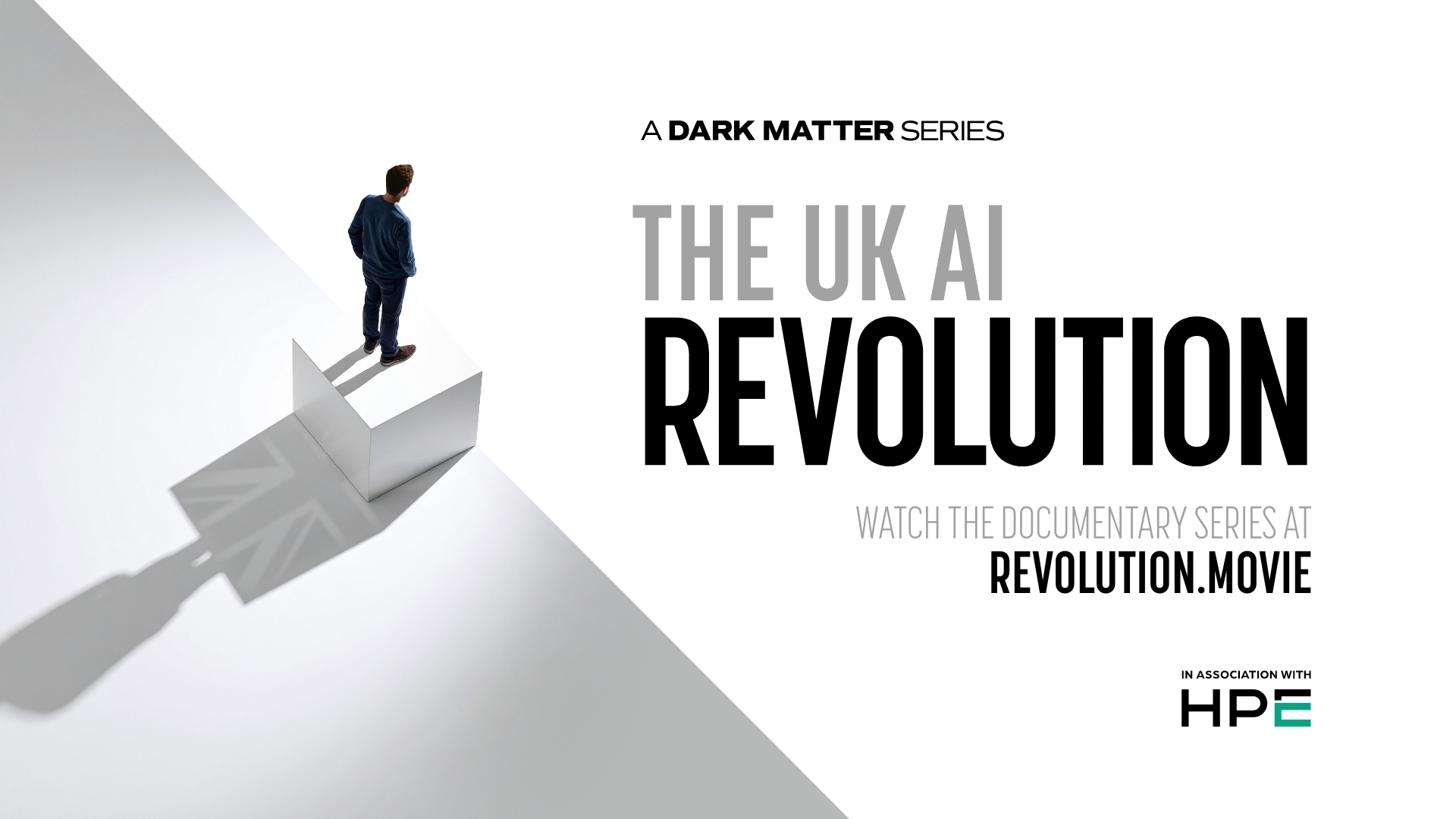Security industry 'has failed' to raise awareness of IoT safety
Symantec urges security pros to work with IoT manufacturers

The cyber security industry has "fundamentally failed" to educate consumers about the risks of IoT hacking, and is not doing enough to ensure devices built with security in mind.
That's according to Darren Thomson, EMEA CTO and VP of technology at Symantec, who believes that the industry's approach to IoT security is outdated, reflective of an bygone era when it was deemed enough to simply respond to threats.
"In the next decade we will see a whole new level of threat, that means we are going to really need to raise our game," said Thomson, speaking at London's Infosecurity Europe event today.
"For the last 30 or 40 years, we have been fundamentally designing insecure systems," explained Thomson, a process that meant companies like Symantec could come along and patch those holes when required. "When were talking about cities or rail networks, that benefit of the retrofit no longer exists."
The IoT has increasingly been seen as a 'wild west', a series of networks that is proving to be incredibly susceptible to remote hacking. As connected technology has become more popular, security has become an afterthought for many manufacturers, either too difficult or too expensive to build in, according to Thomson.
Security as a result often falls back on the customer, where they are expected to carry out technical tasks beyond their capabilities.
"If [we] think sending non-technical people to websites to tick security boxes is enough, we're kidding ourselves," said Thomson. "This industry has failed its users in regards to education and awareness. As an industry we're not meeting enough with manufacturers... everyone in the room is a tech person."
Sign up today and you will receive a free copy of our Future Focus 2025 report - the leading guidance on AI, cybersecurity and other IT challenges as per 700+ senior executives
This issue will be solved when the security industry makes an effort to become more "predictive", according to Thomson. An example of this would be the formation of an "ingredients list" for the IoT, giving users exact information as to what to expect from a newly acquired smart home. This list, much like the dietary requirements on a food packet, would be a reference point for spotting unusual activity.
"Its about time that everyone in this industry starts to think about the unintended consequences. We have tried and failed to make people security experts. It doesn't work."
Dale Walker is a contributor specializing in cybersecurity, data protection, and IT regulations. He was the former managing editor at ITPro, as well as its sibling sites CloudPro and ChannelPro. He spent a number of years reporting for ITPro from numerous domestic and international events, including IBM, Red Hat, Google, and has been a regular reporter for Microsoft's various yearly showcases, including Ignite.
-
 The UK AI revolution: navigating the future of the intelligent enterprise
The UK AI revolution: navigating the future of the intelligent enterpriseAs AI reshapes industries and societies, decision-makers in the UK face a critical choice: build a sovereign future or merely import it.
-
 Turning the UK AI revolution into a sovereign reality
Turning the UK AI revolution into a sovereign realityThe UK AI Revolution documentary series posed difficult questions about AI’s hype, control, and future. Now, IT leaders must find the architectural answers
-
 How secure is Gmail?
How secure is Gmail?Tutorials The practical steps you should take to secure your Gmail account, from implementing 2FA to performing regular checkups
-
 IoT botnets are on the rise and 5G isn’t helping anything
IoT botnets are on the rise and 5G isn’t helping anythingNews Botnets are more common and coming in more diverse strains than ever before
-
 Bruce Schneier warns of the IoT's potential for harm
Bruce Schneier warns of the IoT's potential for harmNews IoT warnings sound at Infosec 2017 as experts urge caution